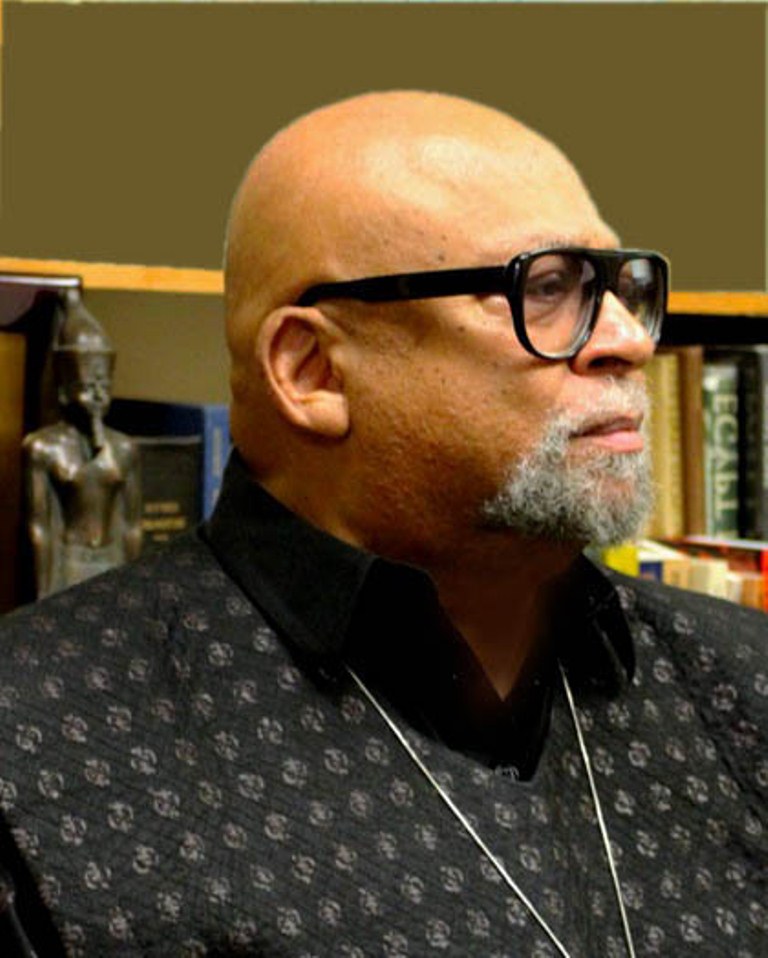
First International Virtual Celebration of Kwanzaa With Its Founder, Dr. Maulana Karenga
This celebration of the 54th anniversary of Kwanzaa will include virtual, live and taped highlights of performances by internationally known artists from the 49th Annual International African Arts Festival, including the Asase Yaa African American Dance Theatre. At the center of the celebration will be Dr. Karenga’s Annual Founder’s Kwanzaa Message titled: “Kwanzaa and the Well-Being of the World: Living and Uplifting the Seven Principles.”











